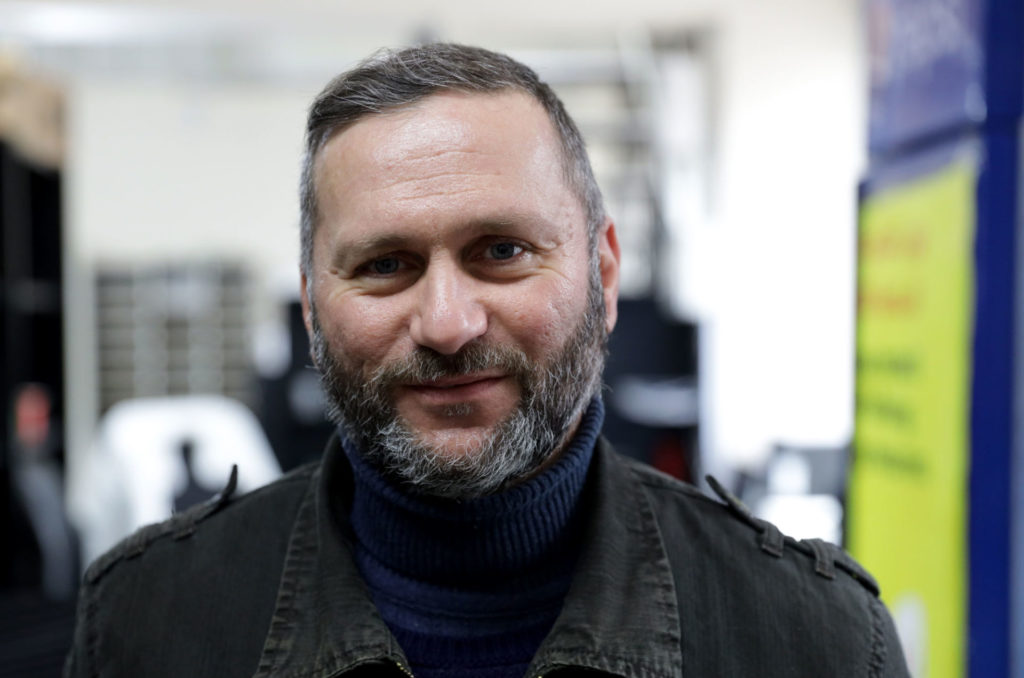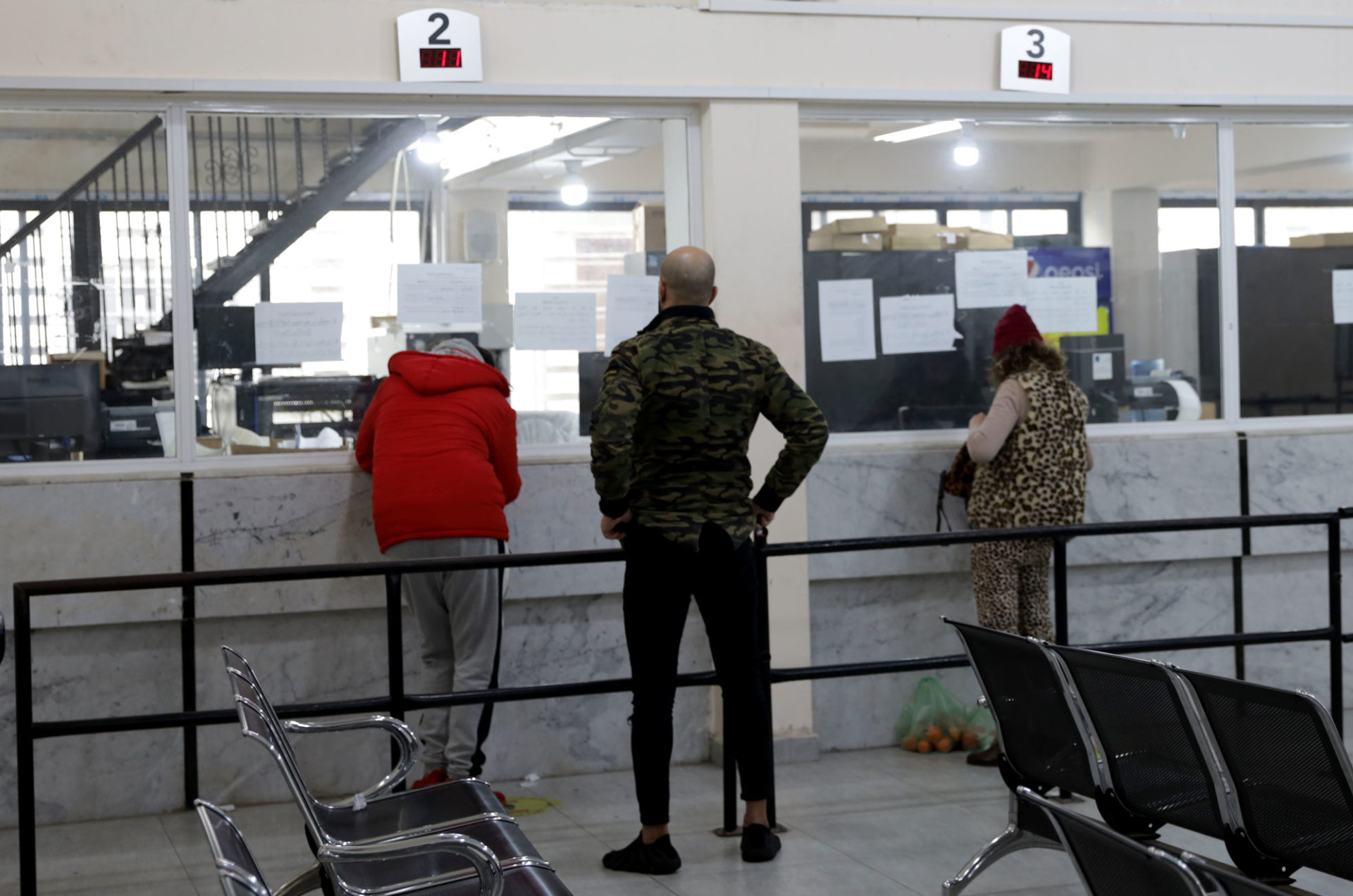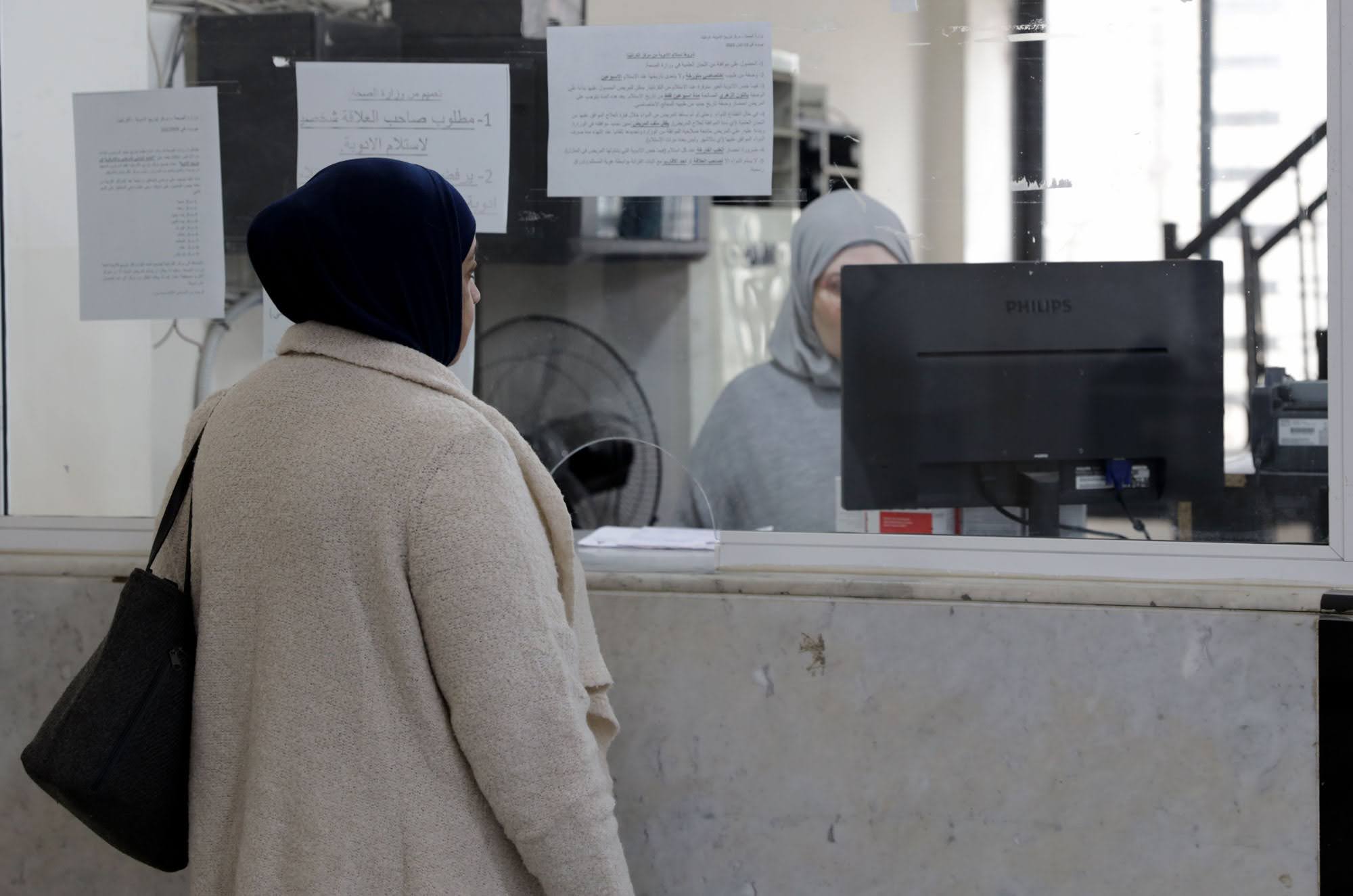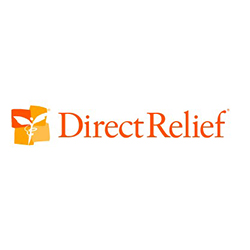Feb, 2023
Donated medical aid will allow hemophiliacs to manage their condition despite the economic crisis
If you think of dangerous activities, you might imagine walking on the ledge of a great height or parachuting. Few would think of mundane activities like playing sports or losing a tooth.
But for people with hemophilia, a genetic bleeding disorder in which the blood fails to clot properly, every day carries heightened risks. Without proper medication, hemophiliacs are at risk of suffering severe complications from minor injuries, some of which could even lead to death.
Blood contains numerous proteins known as clotting factors that help regulate and stop bleeding. Hemophilic patients have a total or partial deficiency in these proteins and must take medication to supply these missing clotting factors. Otherwise, a serious bleed might well be fatal. Open wounds are not the only danger. Internal bleeding is one of the most serious threats, and can cause many health complications.
Hemophiliacs in Lebanon confront many challenges to living an ordinary life. A 2019 study concluded that the majority of Lebanese patients with hemophilia have “difficulties in social integration, have severe physical limitations and psychological impairments.”
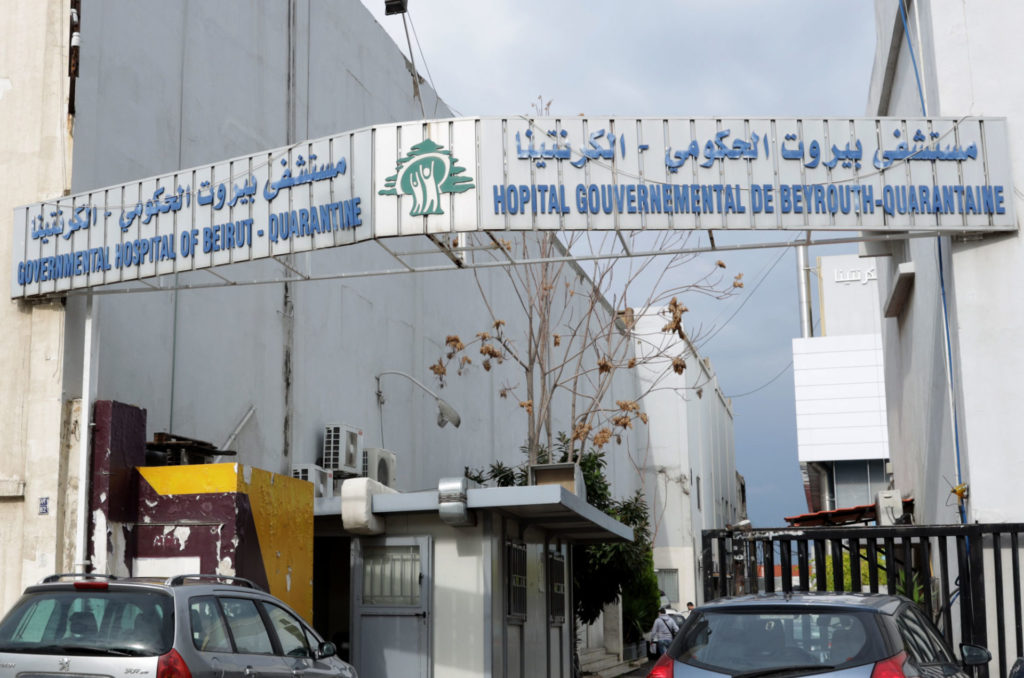

In Lebanon, hemophiliacs have confronted new challenges to managing their conditions in recent years. The medical and pharmaceutical sectors have been badly shaken by the nation's economic collapse. The crisis has affected access to essential medications for patients with chronic conditions, affecting all ages and communities.
The 2020 port explosion that shook the capital was yet another challenge. The blast damaged Karantina Hospital, Beirut’s main public hospital and medical distribution point.
Antoine Harb is a physician and the head of the Ministry of Health's Distribution Center for Medicines for Incurable Diseases in Karantina Hospital. He says that “the crisis was exacerbated by the corona pandemic. And our facility was heavily damaged by the Beirut blast, which destroyed parts of the building and a large quantity of our medicines.”


"The pharmaceutical industry in Lebanon experienced its most challenging year in 2022, mainly due to the shortage of medications for serious and persistent illnesses.”
In answer to this need, Anera has received a medication shipment from Direct Relief. The shipment contained 2,100 vials of antihemophilic factor VIII. Antihemophilic factor is a glycoprotein used in treatment for patients with hemophilia to help control bleeding. An estimated 350 patients in Lebanon will receive this donation, which will cover their needs for six months. The patients will collect their medication from the Karantina Ministry of Public Health warehouse.
“Patients' inability to take their medications on schedule and in sufficient amounts slowed their recovery and, for the majority of them, made their conditions worse. The pharmaceutical industry in Lebanon experienced its most challenging year in 2022, mainly due to the shortage of medications for serious and persistent illnesses,” added Dr. Harb
“Patients and their families are sick and tired of worrying about getting medicine,” Harb says simply, “and will have to suffer the consequences if they don't.”
Wael, 30, is a hemophilia patient who will now have access to his medication thanks to this donated shipment. His parents are both unemployed and rely on him as the sole breadwinner of the family. His mother says, “We had trouble finding the medication for a while and we were extremely concerned about him when we couldn’t secure his medication.”
William, 43, and his 39-year-old brother are also hemophilia patients who are taking their medication again thanks to this medical aid donation.
“I used to be a salesman and a cashier,” Williams says. “My brother and I both lost our jobs when the company had to close due to the crisis. Since then, life has been very difficult. It was extremely hard to obtain the medication because it simply could not be found. Imported medicines would be prohibitively expensive to purchase.”
